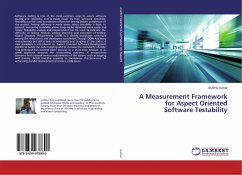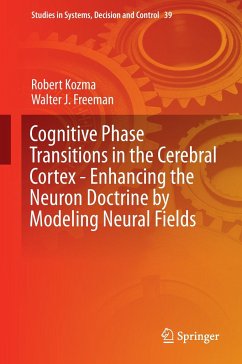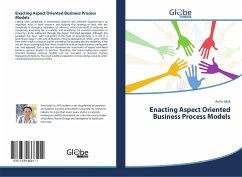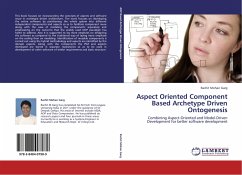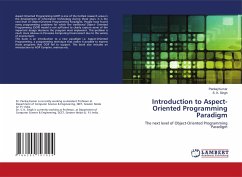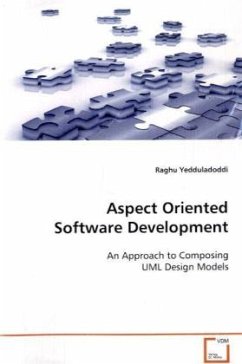
Enhancing Aspect-Oriented Software Metrics
A Study on Cognitive Complexity and Empirical Validation
Versandkostenfrei!
Versandfertig in 6-10 Tagen
43,99 €
inkl. MwSt.

PAYBACK Punkte
22 °P sammeln!
Software development is a complex process that requires precise measurement techniques to assess quality, maintainability, and efficiency. Traditional object-oriented programming (OOP) metrics, while useful, struggle to fully capture the crosscutting concerns in modern software systems. Aspect-Oriented Programming (AOP) addresses these limitations by modularizing crosscutting concerns (e.g., logging, security, transactions) into reusable aspects. However, measuring the complexity and maintainability of AOP systems remains challenging.This research focuses on empirically validating coupling met...
Software development is a complex process that requires precise measurement techniques to assess quality, maintainability, and efficiency. Traditional object-oriented programming (OOP) metrics, while useful, struggle to fully capture the crosscutting concerns in modern software systems. Aspect-Oriented Programming (AOP) addresses these limitations by modularizing crosscutting concerns (e.g., logging, security, transactions) into reusable aspects. However, measuring the complexity and maintainability of AOP systems remains challenging.This research focuses on empirically validating coupling metrics in AOP, introducing cognitive-weighted versions of existing metrics to better reflect human comprehension effort. The study also employs fuzzy logic to assess overall complexity, providing a more nuanced evaluation of aspect-oriented software.This research aims to: - Enhance existing AOP metrics by incorporating cognitive weights. - Empirically validate these metrics through controlled experiments. - Use fuzzy logic to compute an aggregated complexity score.




